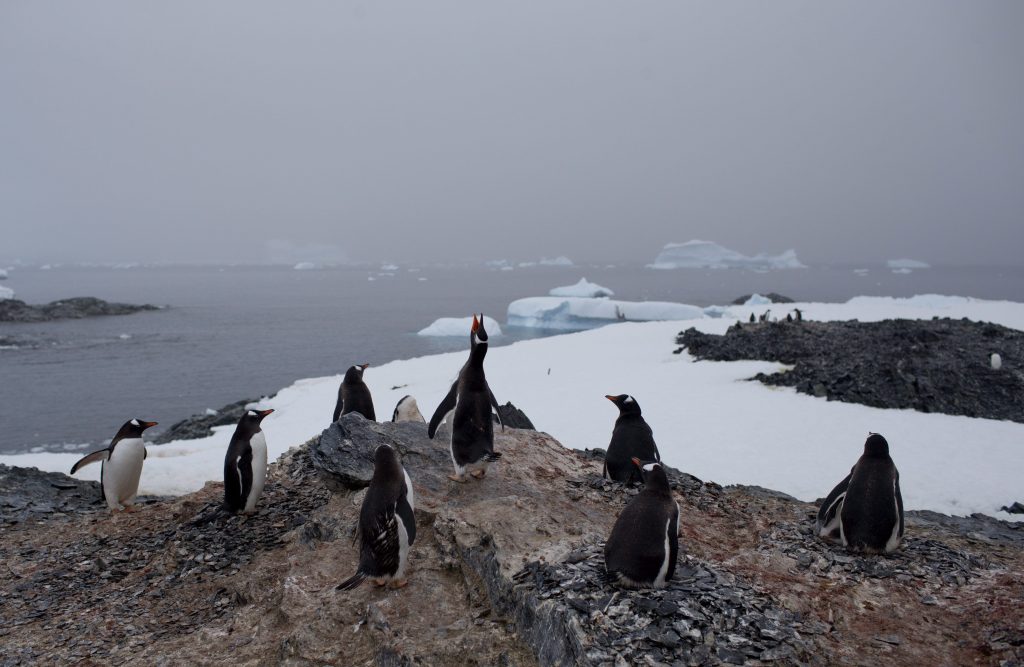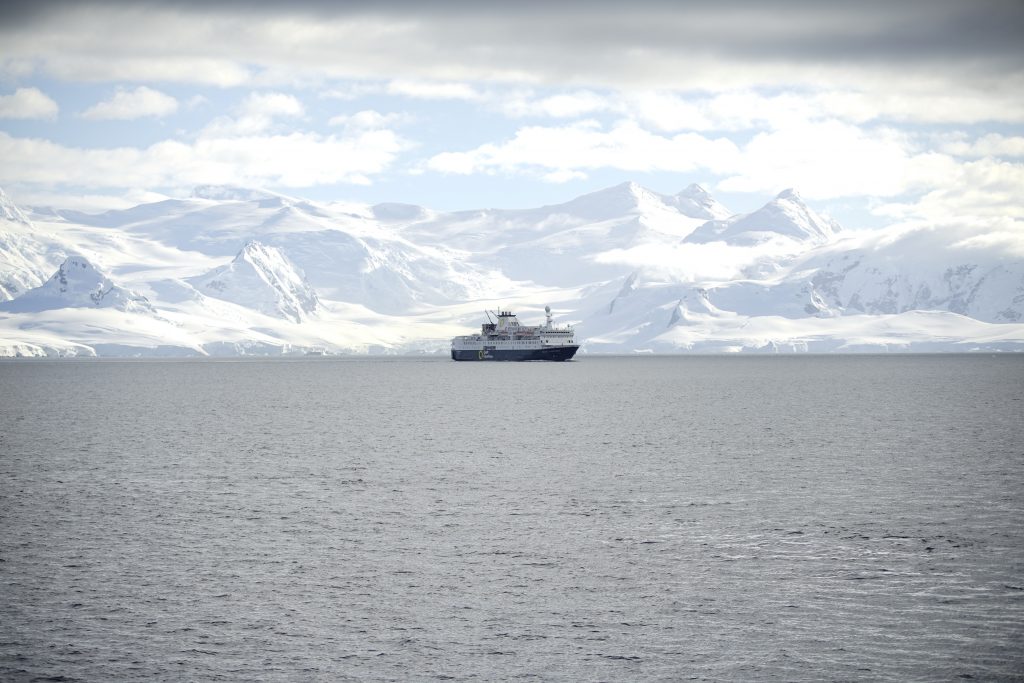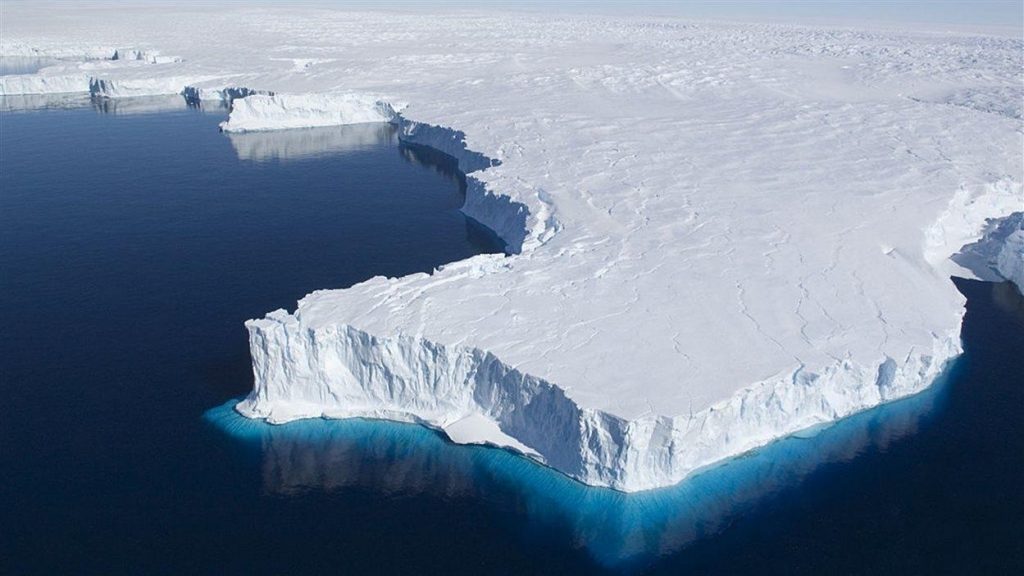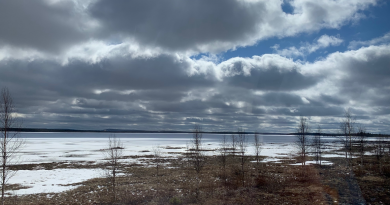Study warns of increasing extreme events in Antarctica

The frequency and intensity of extreme events like ice loss and ocean heatwaves in Antarctica are expected to become more common and underline the urgent need to adhere to the 1.5°C goal outlined in the Paris Agreement, says a new study.
“Antarctica’s fragile and vulnerable environments may well be subject to considerable stress and damage in future years and decades,” the scientists said in their paper.
“Whereas it is an open scientific question as to the level some of these events can be attributed to fossil-fuel burning, in the vast majority of cases it is virtually certain that continued greenhouse gas emissions will lead to increases in the size and frequency of events, even if the causes to date cannot be attributed to it.”
The study, published Tuesday in the journal Frontiers in Environmental Science, looks at extreme events in Antarctica. The researchers looked at everything from ocean temperature and sea ice, to glaciers and ice shelves, as well as biodiversity.

“Antarctic sea ice has been grabbing headlines in recent weeks, and this paper shows how sea ice records – first record highs but, since 2017, record lows – have been tumbling in Antarctica for several years,” Caroline Holmes, a sea ice expert at British Antarctic Survey, said in a statement.
“On top of that, there are deep interconnections between extreme events in different aspects of the Antarctic physical and biological system, almost all of them vulnerable to human influence in some way.”
Effects on cryosphere
Two recent examples of extreme events are the 2022 heatwave in East Antarctica and the lowest Antarctic sea ice extent recorded on February 25, 2022.
“Our results show that while extreme events are known to impact the globe through heavy rainfall and flooding, heatwaves and wildfires, such as those seen in Europe this summer, they also impact the remote polar regions,” Anna Hogg, a professor at the University of Leeds, said.
“Antarctic glaciers, sea ice and natural ecosystems are all impacted by extreme events. Therefore, it is essential that international treaties and policy are implemented in order to protect these beautiful but delicate regions.”

The study’s authors say it’s urgent the international community pull together to respect the Paris Agreement targets.
“Antarctic change has global implications,” said Martin Siegert, a professor from the University of Exeter and the study’s lead author said.
“Reducing greenhouse gas emissions to net zero is our best hope of preserving Antarctica, and this must matter to every country – and individual – on the planet.”
Comments, tips or story ideas? Contact Eilís at eilis.quinn(at)cbc.ca
Related stories from around the North:
Canada: Hot and dry July saw temperature records topple in the Yukon, CBC News
Greenland: Alarming, above-average ice loss in Greenland due to rising temperatures, Eye on the Arctic
Norway: Polar heat record. July average above 10°C, The Independent Barents Observer
Sweden: High risk of wildfires in many parts of Sweden, including North, Radio Sweden
United States: Bursting ice dam in Alaska highlights risks of glacial flooding around the globe, The Associated Press



